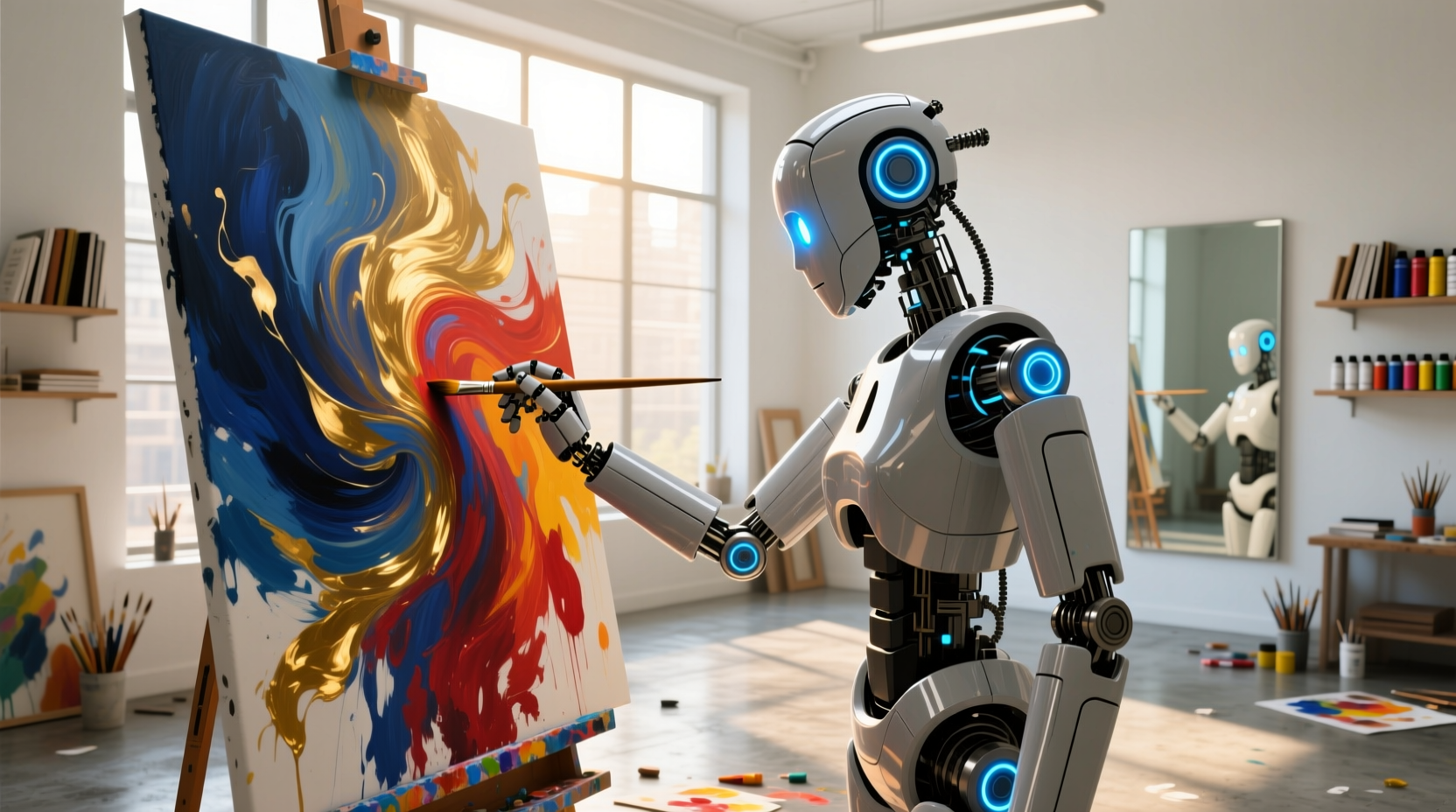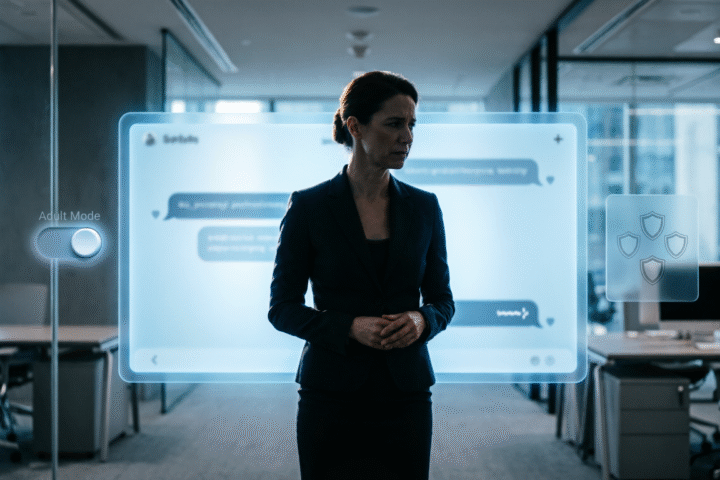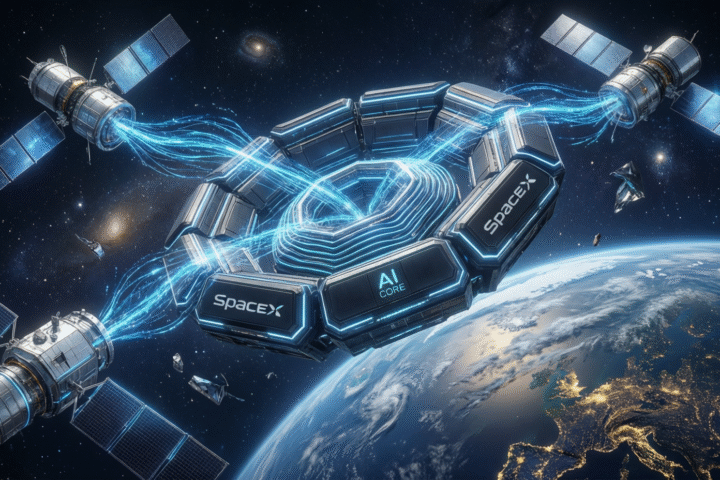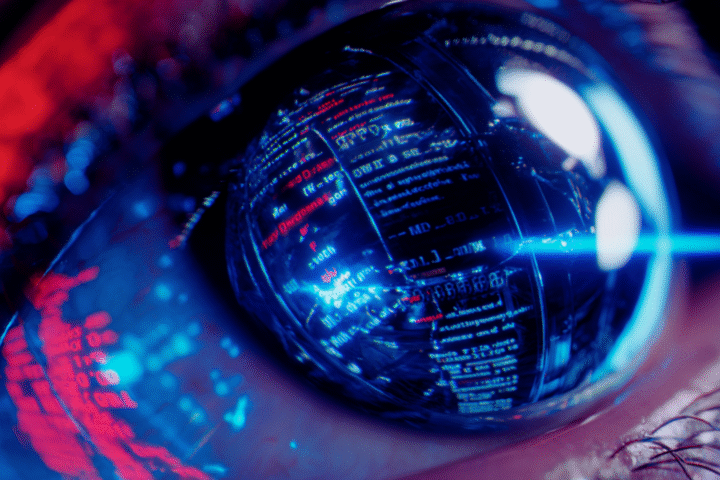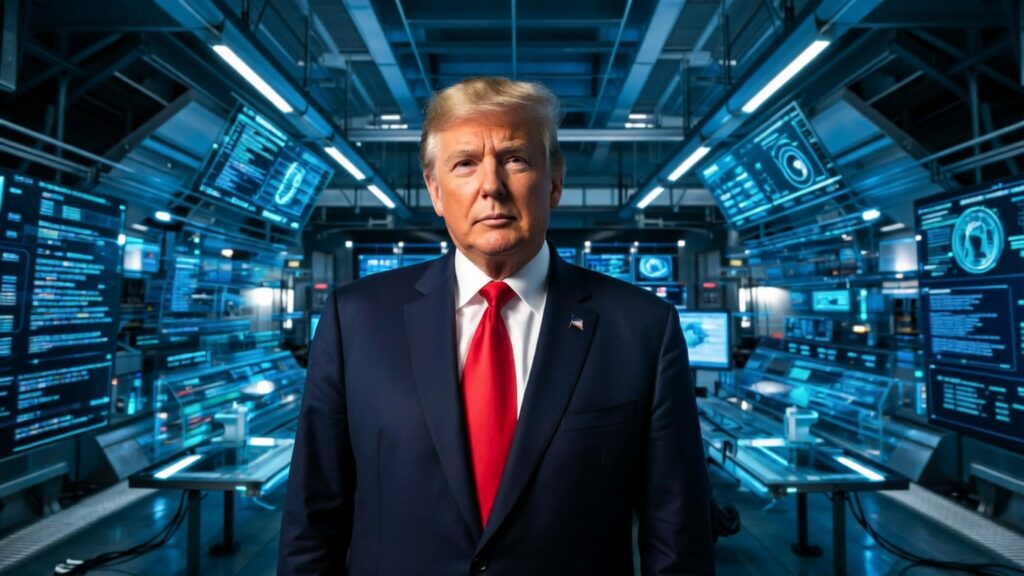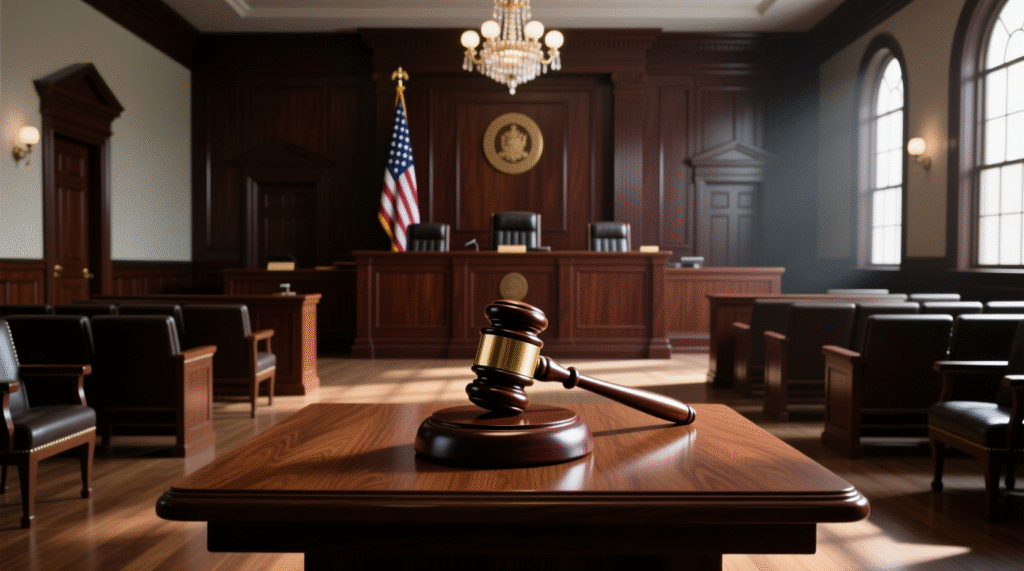Japan’s Content Overseas Distribution Association (CODA), representing major animation studios including Studio Ghibli and Nippon Animation, has formally requested that OpenAI cease using its members’ copyrighted content to train AI models without authorization.
Key Points
- Key points:
- Japan’s CODA, representing Studio Ghibli and other animation studios, has demanded OpenAI stop using their copyrighted content to train AI models without permission
- CODA noted that Sora 2 can replicate copyrighted works and warned that Japan’s copyright laws require prior authorization, making post-use opt-out systems insufficient
Key points:
- Japan’s CODA, representing Studio Ghibli and other animation studios, has demanded OpenAI stop using their copyrighted content to train AI models without permission.
- CODA noted that Sora 2 can replicate copyrighted works and warned that Japan’s copyright laws rеquire prior authorization, making post-use opt-out systems insufficient.
- The contrоversy emphasizes growing concerns over AI-generated content, emphasizing the need for clearer regulations to balance innovation with intellectual property rights.
“CODA has confirmed that a large portion of content produced by Sora 2 closely resembles Japanese content or images. CODA has determined that this is the result of using Japanese content as machine learning data,” CODA’s letter wrote. CODA noted that OpenAI’s video-generation app, Sora 2, can reproduce or closely mimic copyrighted works. The association warned that such replication during AI training could amount to copyright infringement.
Additionally, CODA pointed out that while media reports suggest Sora 2 operates on an opt-out system for copyright holders, Japan’s copyright laws typically require prior authorization for use of protected works, offering no legal protection for post-use objections.
Related: Kusama Reveals Details Of New AI Product in Recent Livestream
In addition to urging OpenAI to stop using its members’ content for AI training without authorization, CODA has called on the company to address copyright infringement concerns raised by its member organizations regarding Sora 2’s outputs in a thorough and transparent manner.
CODA member Studio Ghibli, known for iconic films such as Princess Mononoke and Spirited Away, has been notably affected by generative AI tools. In March, ChatGPT’s native image generator allowed users to create AI-generated images of their selfies styled after the studio’s distinctive animation.
Related: OpenAI Policy VP Fired After Dispute Over Adult Mode Feature
The use of generative AI to create photos and videos featuring copyrighted characters and deceased celebrities has emerged as a particularly contentious issue in recent months.
In early October, actress and filmmaker Zelda Williams, daughter of the late Robin Williams, called on the public to stop circulating AI-genеrated videos of her father, expressing concern over the use of artificial intelligence to replicate his likeness.
The growing scrutiny around AI-generated content emphasizes the ongoing tension between innovation and intellectual property rights, spotlighting the need for clearer regulations to protect creators while allowing technological advancement. As generative AI continues to evolve, how companies navigate copyright, consent, and ethical considerations will likely shape the future of digital media.

